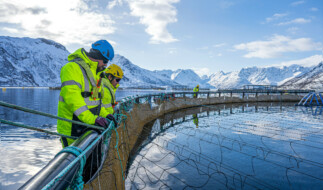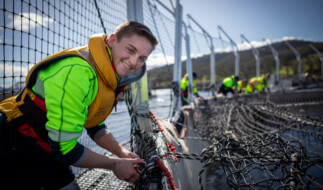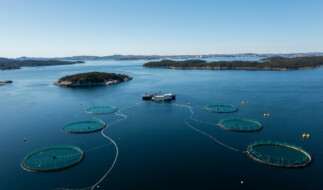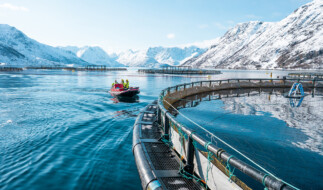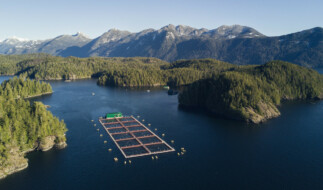Through global collaboration, pooling of resources, and sharing of knowledge and expertise, GSI aims to make significant improvements across the industry in terms of social responsibility, environmental impact, and social contributions at speed and at scale. Here’s what we are working on.
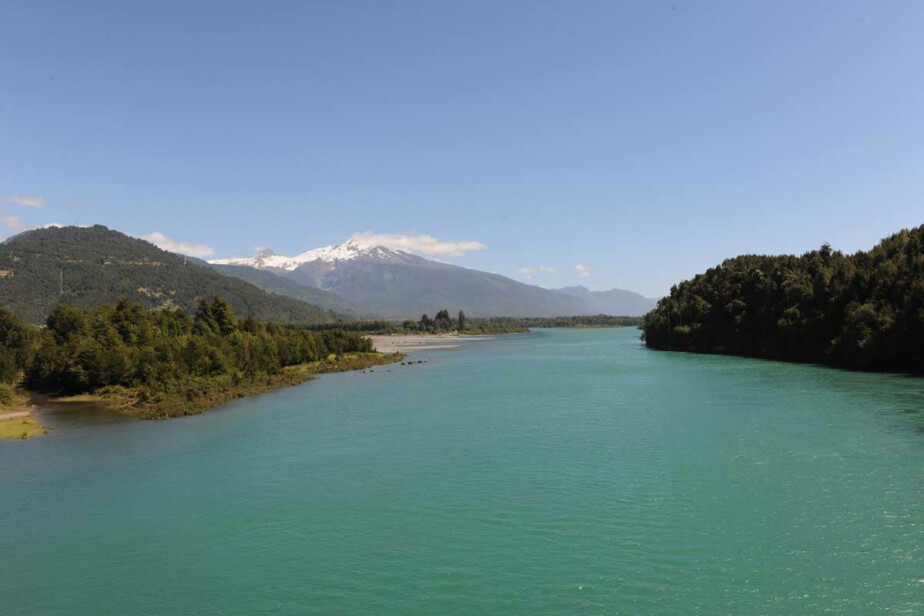
Climate action
A changing climate poses a significant risk to society, as well as the aquaculture sector. We are committed to providing a climate-resilient food for generations to come, and do so by catalyzing climate mitigation and adaptation approaches grounded in science.
Read more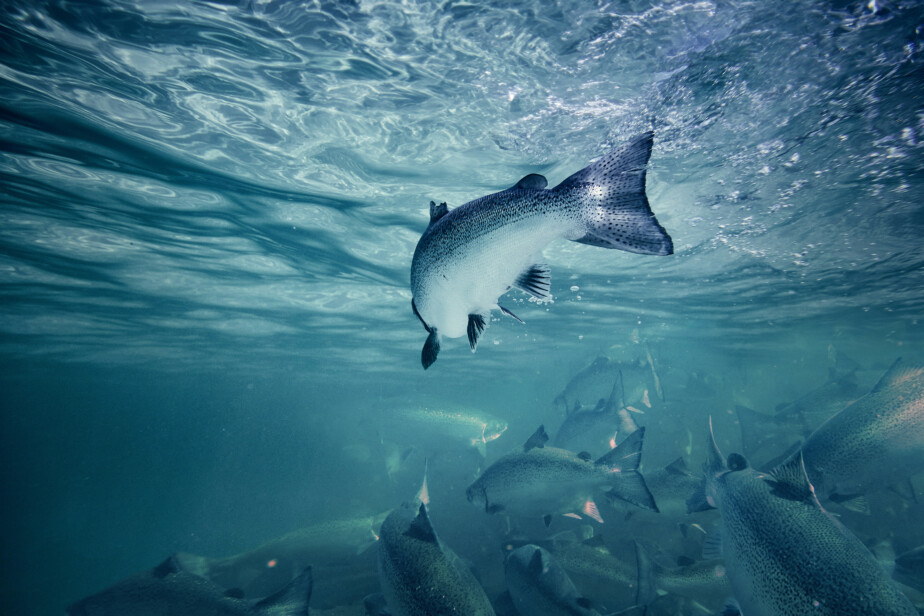
Fish health and welfare
GSI members are committed to continuous improvements in fish health and welfare. Our dedicated expert task force meets regularly to discuss and share best-practices on key topics, including: sea lice management, antibiotics reduction, illness prevention, technological monitoring advancements, reporting, and improving overall welfare score.
Read more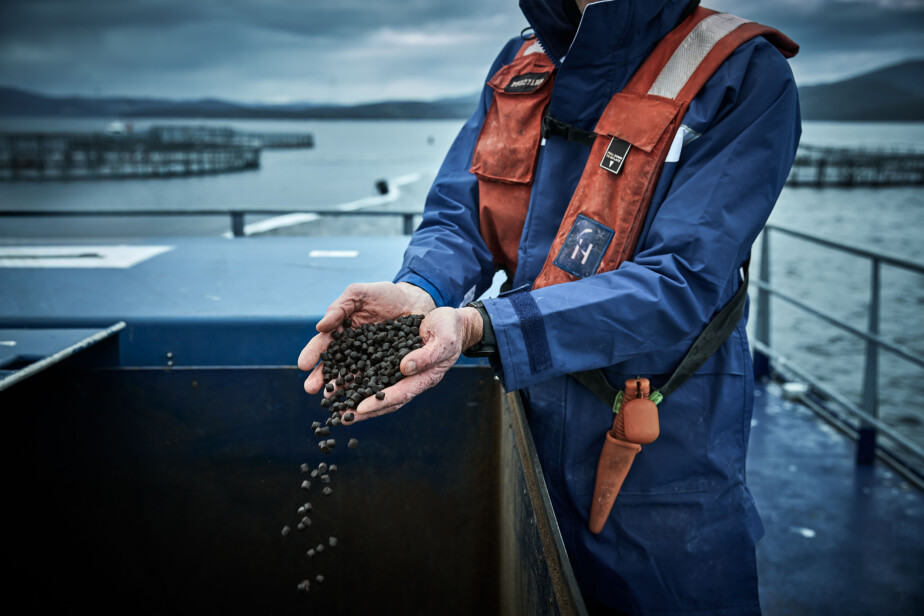
Sustainable feed
Farmed salmon is a highly nutritious and healthy source of protein. This is largely due to a specialized diet rich in nutrients, including omega-3 fatty acids. We are working hard to find ways to innovate across our supply chains to maintain this nutrient profile while reducing our footprint and improving the sustainability of our feed.
Read more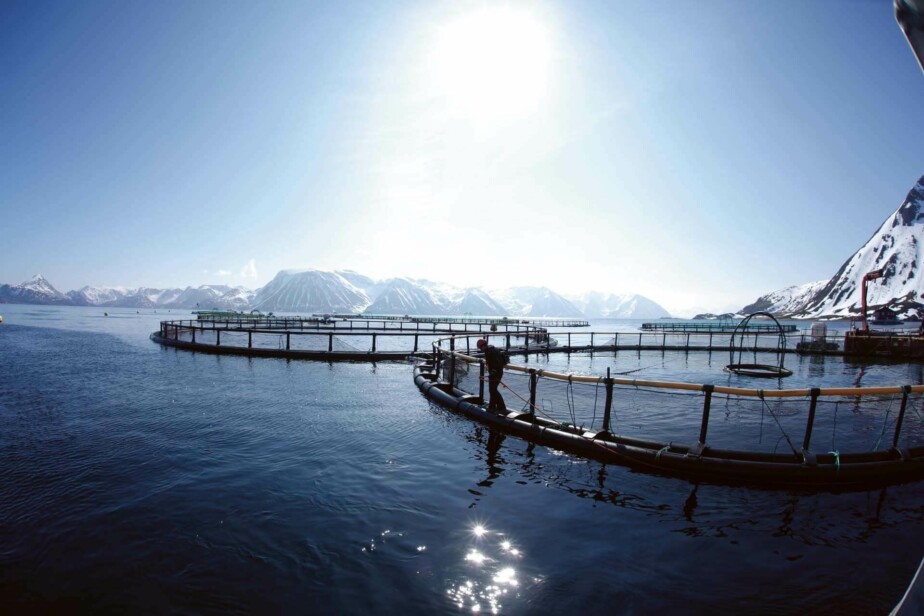
ASC certification
We strive to make continuous improvements in the sustainability of our member company operations, and to reach the highest levels of environmental and social performance. ASC certification is the most stringent option that offers a credible and reliable pathway of doing this, which is why we have chosen it as our benchmark for progress.
Read more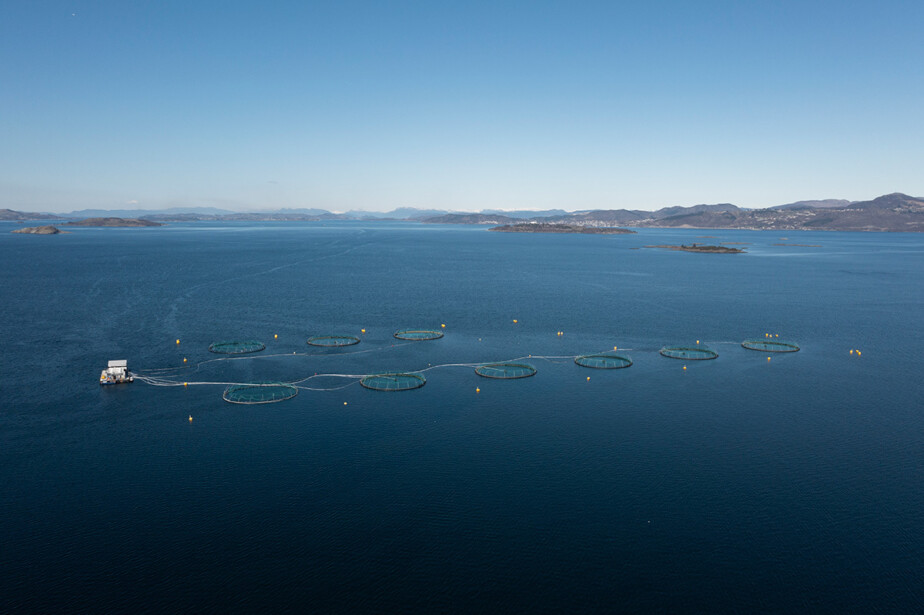
Social responsibility
The farmed salmon sector strives to be an inclusive community, working closely with employees, customers, local communities, partners, and individuals to proactively manage impacts and positively contribute to society. We are active in our local communities, but also further afield where we aim to support the development of sustainable aquaculture are part of healthy, sustainable food systems.
Read more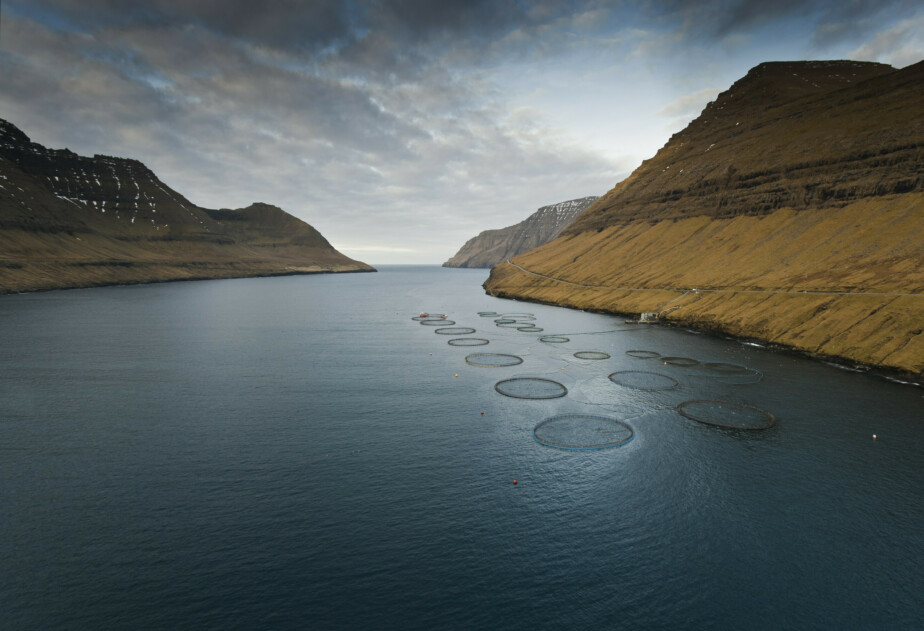
Responsible plastics
We use our knowledge-sharing platform to identify and share best-practices to support a more circular economy, most notably around plastics. Together, we are looking for ways to reduce, remove, reuse, recycle, and innovate where possible.
Read more